Why Capitalism is Addicted to Oil and Coal
Climate & Capitalism
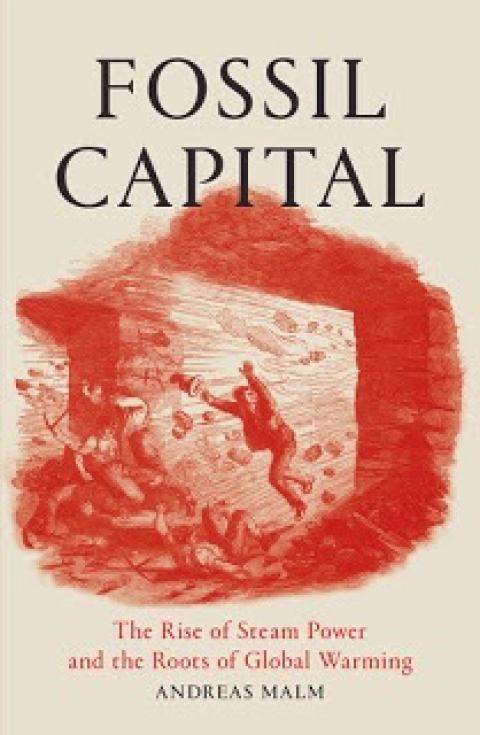
"FOSSIL CAPITAL" The Rise of Steam Power and the Roots of Global Warming, Verso Books, 2016 By Andreas Malm. Reviewed by Martin Empson

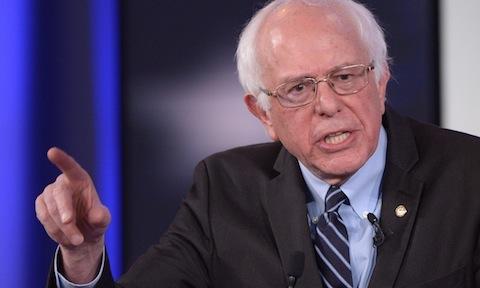
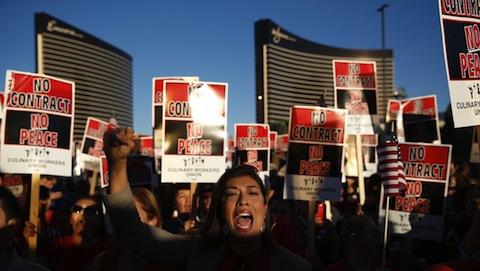

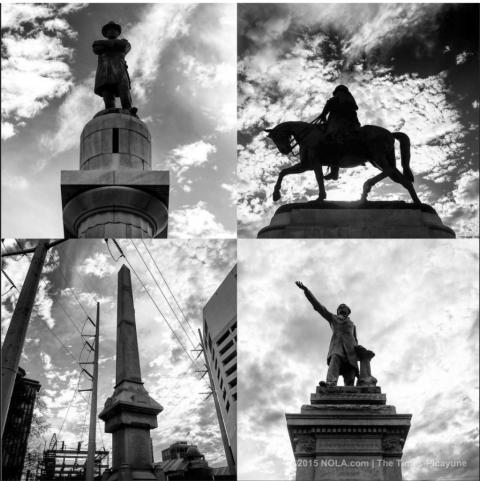
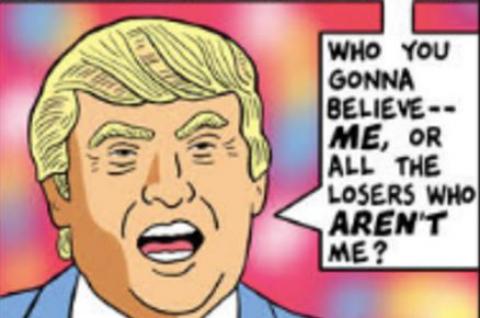
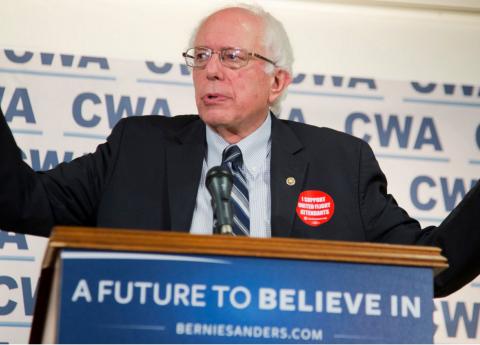
Spread the word